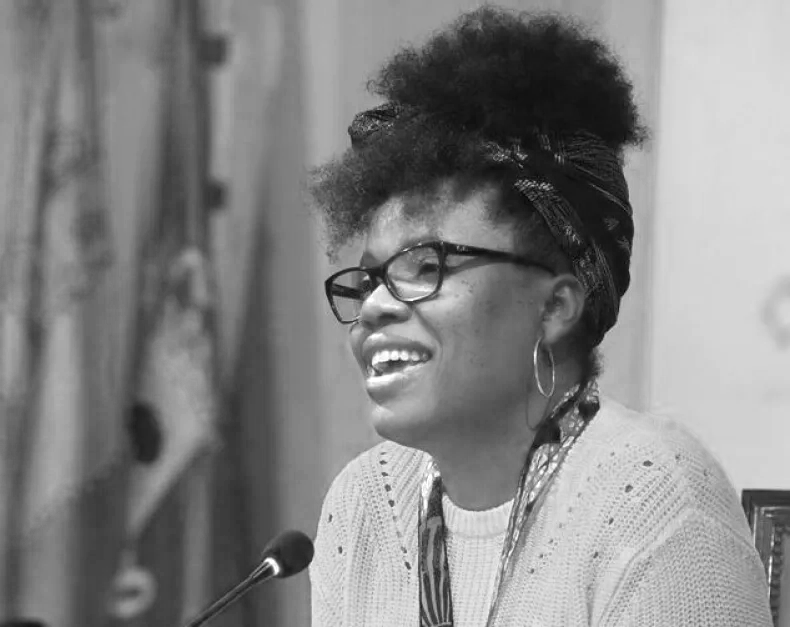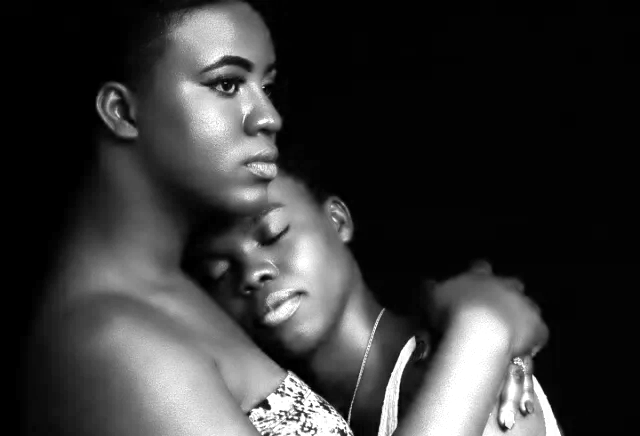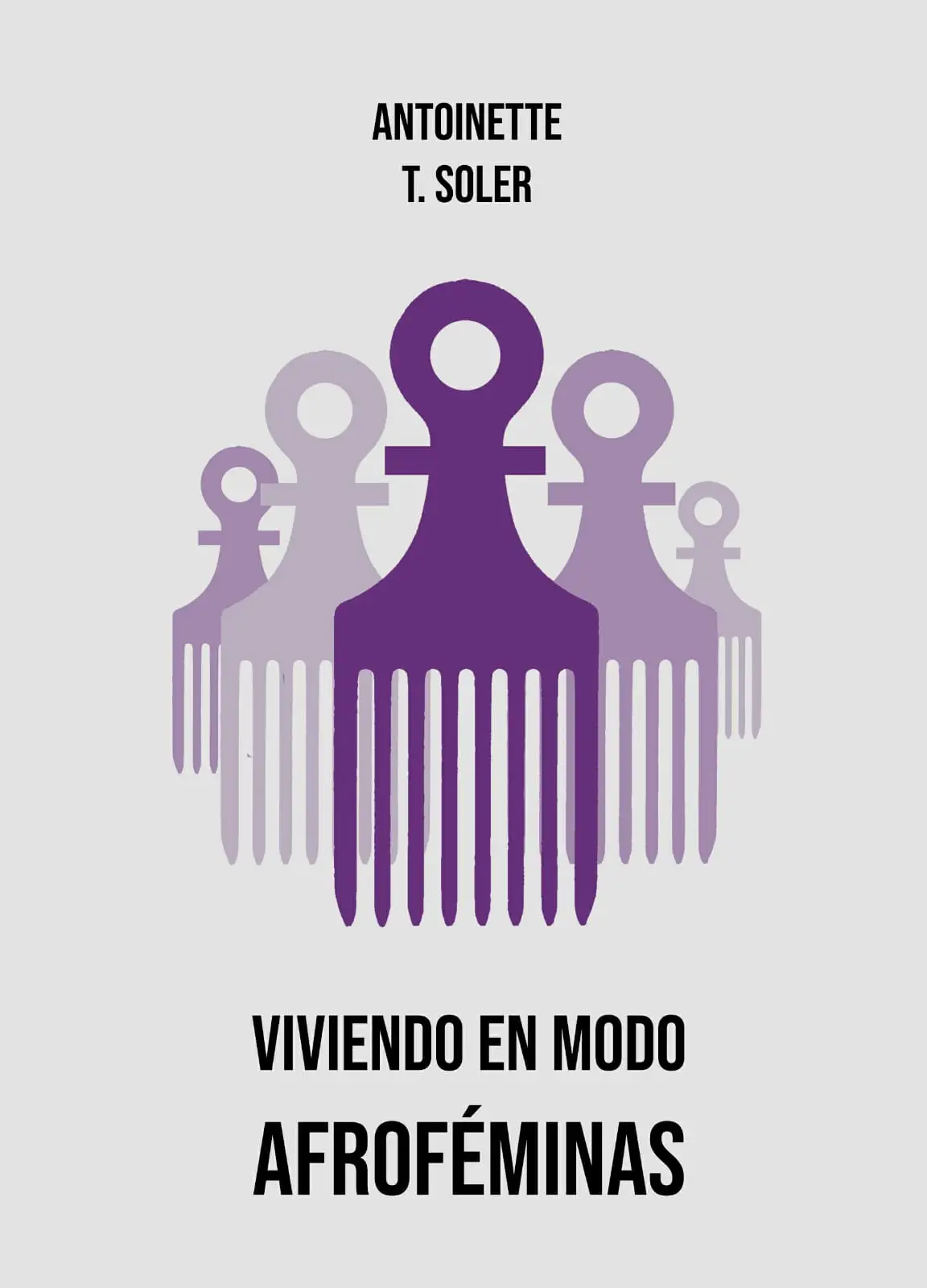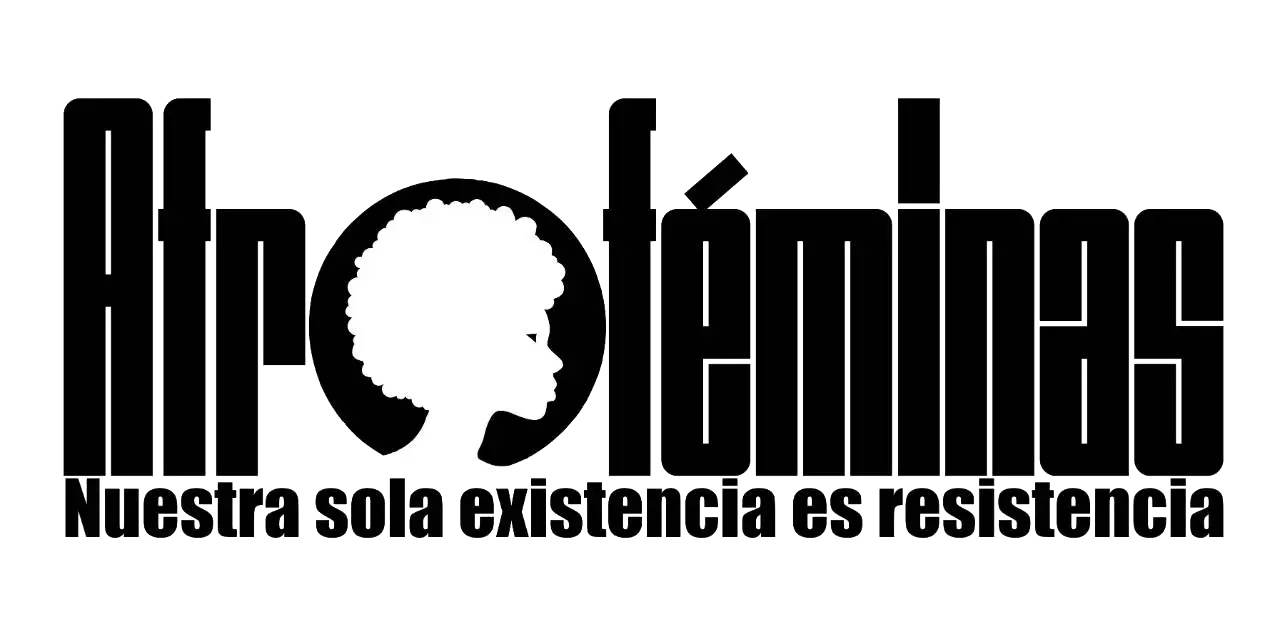Antoinette Torres Soler is an Afro-descendant activist and communicator born in Havana, Cuba and living in Spain. She has dedicated her career to fighting against racism and discrimination against racialized women through what is known as Afrofeminism, as well as making visible the presence of people of African descent in Spain.
She is known for her work as founder and editor of Afroféminas, a Top-Tier media portal dedicated to making women of African descent visible and giving a voice in Spain. In addition, he has collaborated in various media such as El País, Eldiario.es, Cadena SER and RTVE, in which he has addressed issues such as racial discrimination and the presence of people of African descent in Spanish society.
In her work, Antoinette has stood out for her commitment and dedication in the fight against racism and discrimination, as well as for her ability to make people of African descent visible and give a voice in Spain.
At Wetopi, we want to contribute our grain of sand for a fairer and more ethical world by altruistically hosting websites that fight for a better world.
Antoinette Torres Soler, Director of Afrofeminas
How do you define yourself?
As a person who does not focus on words, but on the intention of the speaker. I am an entrepreneur, a 48-year-old migrant black woman, born in Havana, Cuba. Graduated in Philosophy from the University of Havana, professor of Aesthetics at the Higher Institute of Art of Cuba, Master in Communication and Advertising at the University of Zaragoza (UNIZAR) and Diploma in Pedagogy and Psychology in artistic education. In addition, I am the Director of the Somos Arte Cultural Company, which I have chaired since its creation in 2010. I have also published the book “Viviendo en modo Afroféminas” by La Tija Edicions (2018).

About Afrofeminas, The Magazine
What is Afrofeminas?
Afroféminas is an online community that was born in 2014 to give voice and visibility to Afro-descendant/black women in Spain, which has become known as Afrofeminism. Its objective is to be a digital medium where literature, opinion, poetry and journalism are discussed to establish a dialogue from the perspective of racialized women.
What was your motivation to create the Afrofeminas platform?
When I arrived in Spain (2007), I tried to make my way. Afroféminas was born in 2014 as a platform on a personal level to share the doubts and problems that I faced as a black woman in Spanish society. I wanted to express those personal experiences, that micro-racism that is a form of violence and that is experienced during many moments of the day, in moments as common as getting on the bus or going to the university. Afrofeminism is a very minority movement in Spain. I wanted to share those experiences.
How has Afrofeminas evolved since it began?
What started as a personal goal turned into something much bigger. It became clear that there was a black society in Spain. An interesting dialogue was established with Latin America. Until then, all the content that reached us about the Afro-descendant community came from the US through series, congresses and was in English. Afroféminas started in Spain and discovered that it was possible to have a very broad dialogue.
What are the issues addressed by Afroféminas?
When Afroféminas was born in Spain, there was only a dialogue regarding Afro aesthetics, no other topics were discussed. I came from philosophy and wanted to deal with more existential issues, address labor and social issues, how we are understood as mothers, for example.
How has the dialogue about black women developed in society?
Afroféminas helped create a dialogue about Afrofeminism that reflected that the problems of black women are very similar between countries, that it was not something anecdotal from a specific place, but that they were problems with a structural basis that showed that racism was deeply rooted. in many places.
I carried out trainings in many universities in Spain. I saw how the academic debate against activism was consolidated.
For me, the activist has a closeness between what he does and what he knows, there is more coherence, although the level of training may or may not be below an academic level. In the academic world, on the other hand, it may be the case in which a person has a very avant-garde view of racism, but in their day-to-day life, they are far from applying it.
Activism And The Cancellation Phenomenon
How would you describe the current state of activism?
I believe that activism is currently in crisis, with a lack of convictions. It has lost strength because concepts such as cancellation, for example, have been misinterpreted. Last year I personally suffered, through the Afroféminas collaborators themselves, the consequences of this practice, which seeks to discredit and publicly reject a person for their opinions.
Can you talk a bit more about your experience with the cancellation?
According to what was claimed, Afroféminas “was not a safe space” because I did not agree with the politically correct language that was being introduced on the platform. That is, I am not against inclusive language, but I am against it becoming the center of the fight. From my point of view, there are much more important problems, such as knowing how many black women’s CVs end up in the companies’ trash cans. And I am not referring to relevant positions, but for example to positions in supermarkets as sales assistants or in well-known chain stores.
What have you had to leave behind after suffering this attack?
Previously, I had a bookstore through which I distributed books written by black authors, and I even sold them in Greenland! I had to close it, as well as my social networks. I lost my job and my husband’s way of being independent. I suffered a very hard blow and withdrew to be able to heal and heal the injuries, while thinking about how and if I wanted to continue.
However, personal damage does not last a lifetime and I say that in case someone is going through something similar. You heal from a survival problem, even when you feel and are convinced that a terrible injustice is being committed. A year later I have wondered what these people have done for Afrofeminism. The answer is nothing.
Therefore, life puts everyone in their place sooner or later.
Now, all that space conquered through the bookstore has disappeared and I’m not willing to rebuild it.
What are the most relevant issues for black women, from your perspective?
For me, more important than correct language is how a black woman has access to work. Those are the priority issues in my opinion.
There is an obvious problem of the right to opportunity and if a black woman does not get out of the cycle of poverty because she cannot find work due to racial prejudice, her children will be the next to head the poverty statistics.
The black community in Spain is not a community of majorities, much less of the middle class. Continuing to insist on that vision affects migrant black women greatly. We are few but here we are and being rejected for not entering a certain canon is a violation of human rights and unfortunately this does not only happen in Spain.
In Spain, the problem we have with Afrofeminism is the lack of figures, of transparency and therefore it is very difficult to demonstrate that there are clear racist biases during the hiring processes. For me, that is where the problem lies and not in a semantic debate that will soon disappear because it behaves like a fad.
I am the product of a Cuba that no longer exists, where education and access to public services were idealized. This lack of ideals has caused a weakening of Afrofeminism, where now it seeks to stand out, but without taking into account the essence.
FOR A BETTER WORLD
Thanks for contributing to a fairer and more ethical world
by altruistically hosting websites that fight for a better world
Antoinette Torres Soler
We help you throughout the process
It doesn’t matter if you have one WordPress site or 100, our team is ready to carefully migrate your websites for free.
When migrating a website, we manually monitor it and verify its security.
Continue The Fight For Afrofeminism

How do you plan to continue with Afrofeminas in the future?
I invite everyone to get to know Afroféminas. The objective is to do good, to give an anti-racist view of today, I fight for ideals that do not conflict with the rights of other people. In 2024 we will be 10 years old and I am very proud of it. You can find us on the web and on Instagram.
I will continue with Afroféminas to continue giving voice to this group. I’m not going to hate, I’m going to move on, now in a communication medium with subscriptions, without collaborations.
I practice a quieter activism and I focus more on education, a stage that I am enjoying thanks to my daughter, who when I created Afroféminas, was just a baby and today is an Afro-descendant pre-adolescent, with many concerns, without problems of racial identity, she is Very good reader and I couldn’t be more proud of her.
How do you think technology affects black women?
As for technology, it is very exclusive. There are many black women who could be part of the tech community, but they need training, support and resources. The technological community is very closed and normally only accepts other groups when they have adapted to the stereotypes of the white community.
Do you mean tokenism?
Tokenism, a practice that consists of including a person from a marginalized or minority group in a situation in a symbolic way, without really giving them the power or influence necessary to achieve significant changes, is a constant in our collective. They want us to be in the picture, but they don’t give us the real power to make changes.
What do you think is the first step to achieve a more inclusive society?
The change towards a more inclusive society must start in private life. How many friends do you have from other groups, how many friends are gay, black or migrant? We must change and get closer to other communities. You have to finish learning to manage the difference and stop seeing it as a problem.
There is a lot of existing literature from black people that can help to better understand the experiences of others. We must read, train and attend their festivals.
We must help these communities to establish themselves in the digital world more easily. We must offer support to open paths.
Extend The Message

What readings or contents can you recommend?
As for books, I recently received several very interesting news:
- “Brown” by the author Rocío Quillahuam, a young woman born in Lima who came to Barcelona as a child. It is the type of book written in the first person that seems to me essential to understand “the others.” The publisher is Blackie Books.
- “The book of black power” by the Akal publishing house. It is simply wonderful because it is very didactic. It is the type of book that would help any high school teacher, for example. It has an impressive binding and you would learn a lot from this text.
- Then there are classics like “Ubuntu”, “Teaching to Transgress” or “The body is not an excuse”.
- I also recommend a new series (documentary) “Hair Tales”. It’s at Disney. Well-known black women are given a voice to talk about their relationship with their hair but the conversation goes beyond this. It is wonderful and inspiring.
(At Wetopi, we also recommend Antoinette’s book “Living in afro-feminine mode”. Editorial La Tija edicions, 2018)
Through her Afroféminas platform, Antoinette has managed to make women of African descent visible and give a voice in Spain, and has contributed to creating a broad dialogue on the problems faced by this community around the world. This interview seeks to show the importance of continuing to fight for equality and justice in all its forms.
Wetopi.com
Don’t you have an account on Wetopi?
Free full performance servers for your development and test.
No credit card required.
